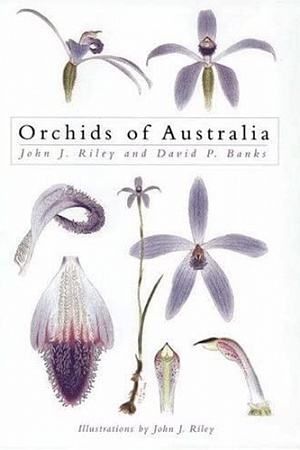The Anthropocene
Polity, $36.95 pb, 288 pp
Rupture on the planet
When fourteen-year-old Dara McAnulty penned a diary entry on 7 August 2018, his grief poured out in stanzas. He felt an acute need for ‘birdsong, abundant fluttering / humming, no more poison, destruction. / Growing for growth, it has to end.’ One month later, he took these words to the People’s Walk for Wildlife in London: ‘I call it a poem but I am not sure it is. I feel it would be good to say aloud, to a crowd … the words spilled out.’ For the event, McAnulty added a title: Anthropocene.
The Anthropocene was conceived in 2000 as a geological epoch, an age of humans, a new time period acknowledging the ‘rupture’ that humanity has unleashed on the planet. It is a key concept for environmental sciences, for climate science, for Earth Systems Science, for economics and societies. It affects all humanity and all life on which we depend. In The Anthropocene, Julia Adeney Thomas, Mark Williams, and Jan Zalasiewicz introduce the concept, relating many of the key stories that define it in geological deep time and as an urgent, contemporary concern. The three authors work with one voice: they recognise the importance of multidisciplinary thinking.
Continue reading for only $10 per month. Subscribe and gain full access to Australian Book Review. Already a subscriber? Sign in. If you need assistance, feel free to contact us.
















Leave a comment
If you are an ABR subscriber, you will need to sign in to post a comment.
If you have forgotten your sign in details, or if you receive an error message when trying to submit your comment, please email your comment (and the name of the article to which it relates) to ABR Comments. We will review your comment and, subject to approval, we will post it under your name.
Please note that all comments must be approved by ABR and comply with our Terms & Conditions.